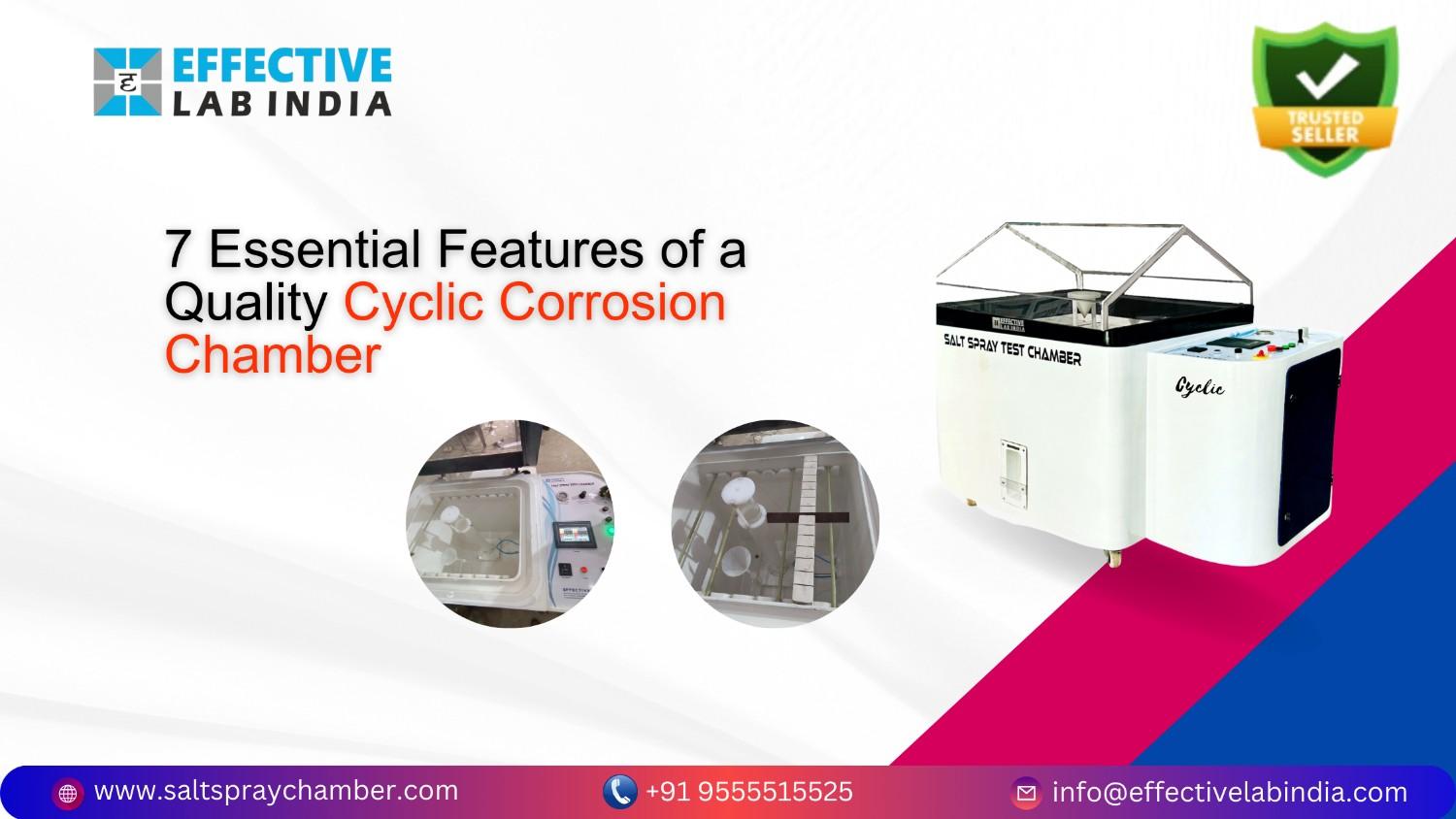The manufacturing of helical gears is an essential part of modern engineering, providing the necessary motion and power transmission for a variety of industries. However, despite their importance, the production of these gears comes with a unique set of challenges. As a leading Helical Gear Manufacturer, Parkash Industrial Gears has developed advanced solutions to address these hurdles, ensuring high-quality gear production for clients around the world.
1. Precision and Accuracy in Gear Tooth Design
One of the primary challenges in helical gear manufacturing is achieving the precision required for the gear teeth. Even the smallest variations can lead to inefficiencies and increased wear over time. Helical gears must be manufactured with precise tooth angles, tooth profile, and spacing to ensure smooth operation and minimal noise.
Solution: Leading manufacturers like us invest in state-of-the-art computer numerical control (CNC) machines and gear hobbing technology to maintain the highest levels of precision. Advanced software is used to simulate the gear profiles before production, ensuring that each gear meets the stringent standards for performance and durability.
2. Material Selection and Heat Treatment
The choice of materials for helical gears significantly impacts their strength, wear resistance, and overall lifespan. Poor material selection can lead to failures or reduced operational efficiency, which is especially problematic in heavy-duty applications like automotive and industrial machinery.
Solution: As a prominent Bevel Gear Manufacturer in India, we offer custom material selection for both helical gears and bevel gears. They use high-quality alloys, such as carbon steel and stainless steel, and employ heat treatment processes like carburizing and hardening to enhance material strength. This ensures that gears perform reliably even under extreme loads and stress conditions.
3. Tooth Wear and Fatigue Resistance
Helical gears are subjected to constant meshing, and over time, the teeth can wear down, leading to reduced efficiency, increased noise, and eventual gear failure. Managing wear and fatigue resistance is crucial to extend the service life of the gears.
Solution: Leading manufacturers utilize advanced manufacturing techniques, such as shot peening and surface finishing methods, to enhance the wear resistance of helical gears. These processes help reduce the likelihood of surface fatigue, ensuring a longer-lasting and more efficient gear system.
4. Noise and Vibration Control
Helical gears are designed to provide smooth and quiet operation, which makes them ideal for use in automotive and industrial machinery. However, if the gears are not manufactured with precision, they can produce excessive noise and vibration during operation.
Solution: We use precision gear cutting methods and specialized grinding techniques to achieve a high level of tooth contact and reduce noise. The use of advanced software for design and simulation also ensures that the gears are optimized for smooth, quiet operation.
5. Complexity in Multi-Stage Gear Systems
In many applications, helical gears are part of a multi-stage gear system, often working alongside other gear types like spiral bevel gears. This increases the complexity of the manufacturing process, as different gears need to mesh together seamlessly and operate under varying loads.
Solution: As a reputable Spiral Bevel Gear Manufacturer, we offer integrated gear solutions where helical gears and bevel gears are designed and manufactured to work in harmony. The company uses advanced modeling and simulation tools to ensure that the entire gear system, whether it’s a helical or spiral bevel gear, performs optimally when integrated into a larger mechanical system.
6. High-Volume Production and Cost Efficiency
For large-scale operations, maintaining high production volumes while keeping costs low is another challenge for helical gear manufacturers. Efficient production techniques are required to meet market demand without sacrificing quality or increasing prices.
Solution: Lean manufacturing principles and automated production lines ensure high-volume, cost-effective manufacturing. By optimizing workflows and reducing waste, companies can provide high-quality gears at competitive prices without compromising performance.
Conclusion
The manufacturing of helical gears presents several challenges, from achieving precision in tooth design to overcoming issues related to wear, noise, and cost. However, leading manufacturers have developed innovative solutions to address these hurdles. By investing in advanced technology, precision manufacturing techniques, and high-quality materials, they ensure that their helical gears, bevel gears, and spiral bevel gears meet the highest standards of performance and durability.
As a trusted Helical Gear Manufacturer, Parkash Industrial Gears continues to play a vital role in providing efficient and reliable gearing solutions for industries around the world. Whether it’s for a heavy-duty industrial application or a complex automotive system, they offer tailored solutions that meet the unique needs of their clients.



